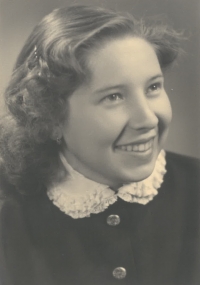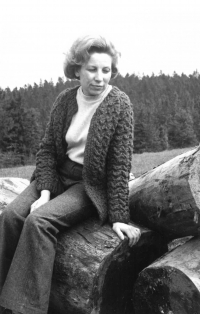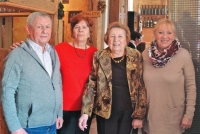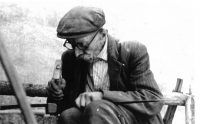As a child, I should have understood that our state only needs workers’ intelligence
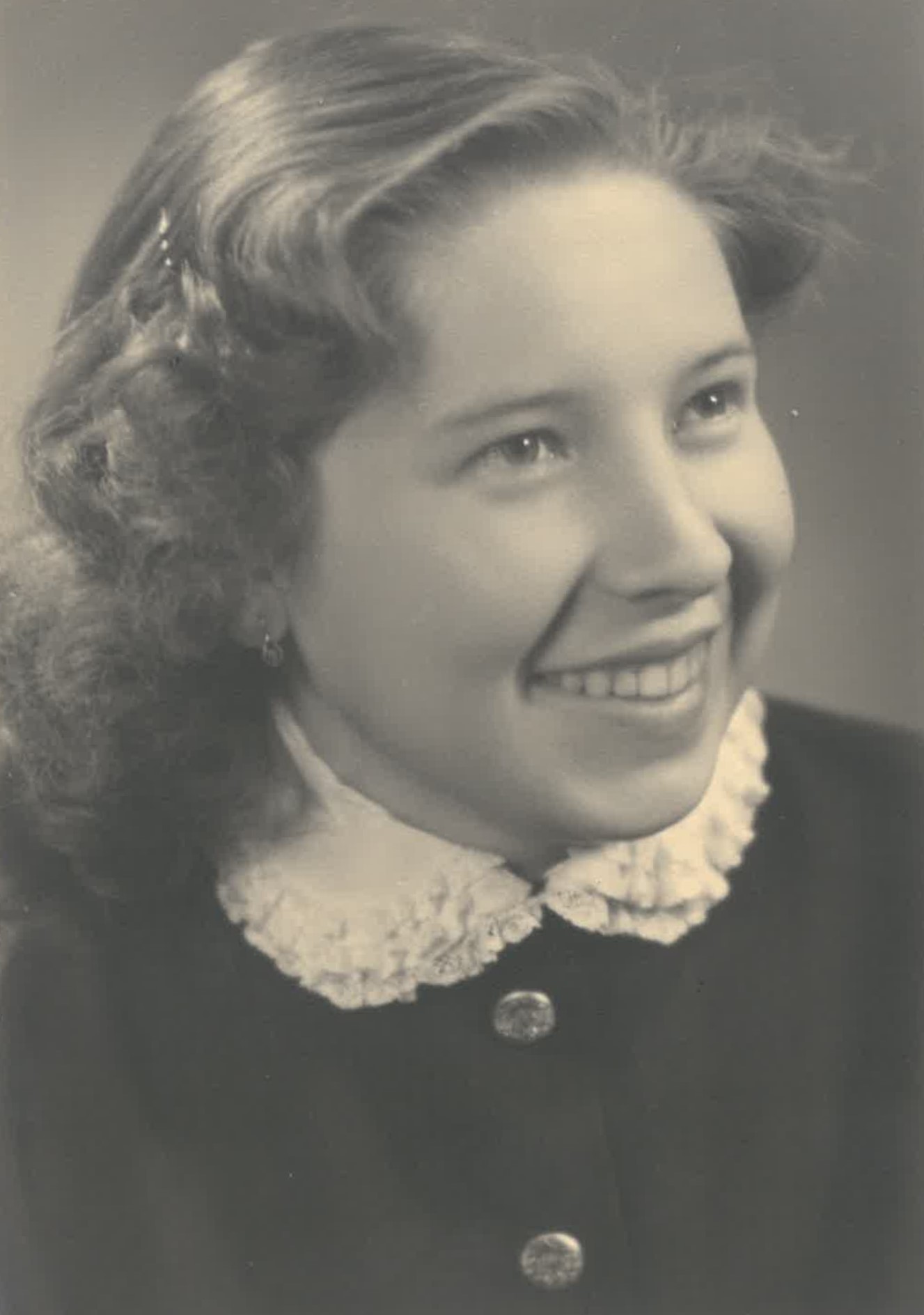
Download image
Jarmila Etzlerová (born Goišová) was born on February 16, 1936 in Žlutava. She witnessed the liberation of Napajedla by the Romanian and Soviet armies in 1945. Due to her mother’s origin, she was banned from all high schools in the early 1950s, but after several appeals she was allowed to study at a medical school. As a nurse, she successively worked in what was then Gottwaldov, Valašské Meziříčí and Ostrava-Porubá. In Valašské Meziříčí, she trained a group of the Czechoslovak Red Cross, which helped in the local typhus epidemic in 1954.
